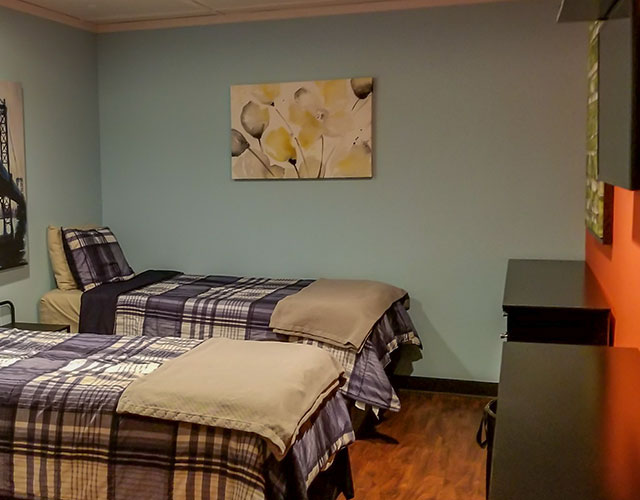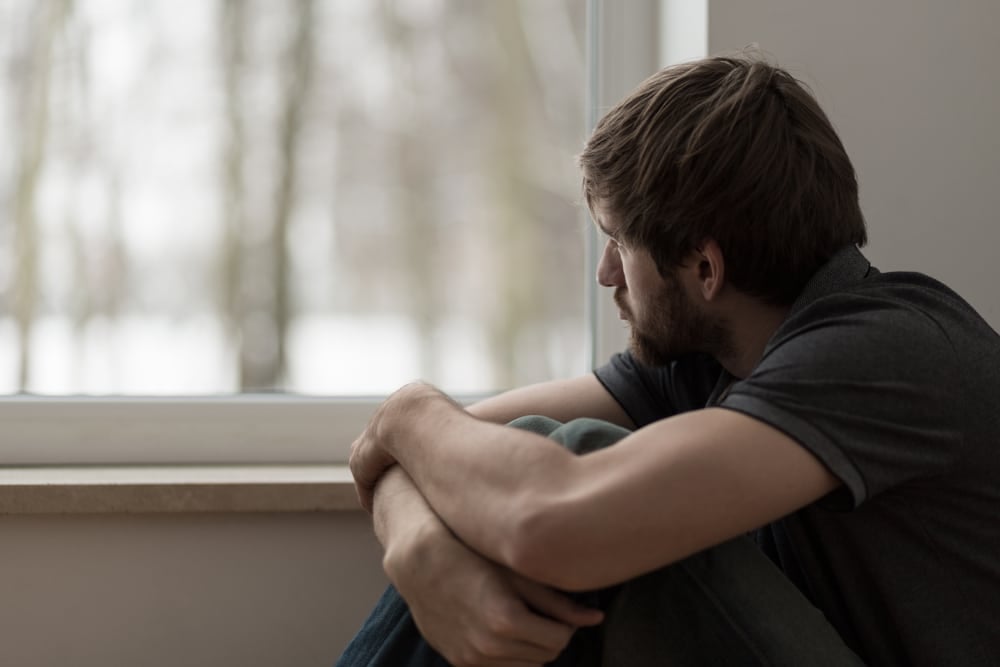A Comprehensive Overview to Medication Rehab Providers for Successful Rehab
Comprehending the complexities of medication recovery is pivotal for attaining long-term healing. An extensive overview to medication rehab solutions brightens the different therapy alternatives offered, emphasizing the need for personalized strategies tailored to specific requirements. From detoxification to outpatient programs, the performance of these services frequently pivots on the combination of robust support group and resolving underlying emotional concerns. As we discover the important aspects that add to effective rehab, one should consider how these aspects intertwine to create a sustainable course to soberness. What might be one of the most prominent aspect in this detailed process?
Comprehending Addiction and Healing

Addiction is a complex problem that influences people both physically and mentally, often resulting in a cycle of uncontrollable actions despite dangerous consequences. It normally manifests as a chronic condition, characterized by the failure to stop utilizing a substance or engaging in an actions, despite the negative impact it might carry one's life. This unrelenting cycle is usually sustained by numerous factors, including genetic tendency, environmental influences, and mental problems.
Healing from dependency is a diverse process that includes not just the cessation of compound use however also the improvement of one's way of living and thought patterns. Successful recovery requires a comprehensive approach, dealing with the underlying sources of dependency and cultivating coping strategies to stop relapse. Support group, including treatment, therapy, and peer support system, play a crucial role in cultivating durability and responsibility.
Comprehending the complex characteristics of dependency and recuperation is crucial for both people dealing with compound usage and their family members. By recognizing the obstacles and complexities involved, people can much better navigate their trip to recuperation, eventually leading to much healthier, extra meeting lives.
Types of Rehab Programs
The journey to recuperation is sustained by a selection of recovery programs customized to satisfy the diverse requirements of individuals dealing with compound usage disorders. These programs can be extensively categorized right into several kinds, each designed to resolve particular facets of addiction and promote successful recuperation.
One typical type is the cleansing program, which offers medical supervision and assistance throughout the withdrawal stage, guaranteeing safety and comfort. Complying with detoxification, people may involve in residential rehab, where they stay at a treatment facility for an immersive recuperation experience. This setting cultivates a structured atmosphere for recovery.
Another option is outpatient rehab, allowing individuals to get therapy and support while keeping their everyday duties. This flexibility can be valuable for those with a strong support group at home (drug rehab Chester NJ). Specialized programs also exist for particular populations, such as ladies, teens, or people with co-occurring psychological wellness disorders, making sure that therapy is culturally and developmentally ideal
Additionally, alternative programs might incorporate different therapies, such as yoga or art therapy, advertising overall well-being. Comprehending the various kinds of rehab programs is essential for selecting the most ideal course towards long-term healing.
Inpatient vs. Outpatient Solutions
While selecting between inpatient and outpatient services can be a crucial choice in the recovery process, understanding the distinct features and advantages of each choice is crucial. Inpatient solutions entail an organized see setting where people live at a rehab center for an extensive duration, commonly varying from 28 days to numerous months. This immersive strategy uses 24/7 clinical guidance, an extensive treatment strategy, and a helpful community, making it especially helpful for those with serious dependency or co-occurring psychological health disorders.
Conversely, outpatient solutions permit people to receive therapy while maintaining their day-to-day obligations, such as work or family commitments. This flexible option frequently entails scheduled treatment sessions, therapy, and support system, offering a balance between professional assistance and personal liability. Outpatient solutions may appropriate for those with moderate to moderate addiction or those transitioning from inpatient treatment.
Inevitably, the selection between outpatient and inpatient services ought to be directed by the person's details demands, the extent of their dependency, and their support group. Understanding these variables can assist in picking the most efficient course toward effective rehab.
Assistance Systems in Rehab
Support group play a critical role in the recovery procedure, providing people with the functional and psychological resources required for healing. These systems typically include family members, peers, professionals, and good friends that contribute to the individual's healing trip. A durable assistance network cultivates a sense of belonging and recognizing, which can minimize sensations of seclusion frequently experienced during healing.
Family members participation is particularly significant, as liked ones can use inspiration, accountability, and a safe space for open communication. click reference drug rehab Chester NJ. Including relative in treatment sessions can improve understanding and enhance partnerships, inevitably profiting the recouping person
Peer assistance groups, such as Alcoholics Anonymous or Narcotics Anonymous, offer shared experiences and insights, assisting individuals feel less alone in their struggles. These teams urge participants to share their tales, cultivating a neighborhood that promotes shared growth and durability.
Professional assistance, consisting of counselors and therapists, provides specialized support customized to individual needs. They assist determine individual triggers, dealing methods, and regression avoidance techniques. By incorporating these different support systems, people in rehab can develop a strong foundation for sustained recovery and long-lasting success.
Aspects to Think About for Success
Success in drug rehab hinges on numerous important factors that can significantly affect a person's trip toward recovery. Firstly, the choice of a proper treatment program is extremely important. Tailored approaches that attend to details dependency kinds, co-occurring psychological health disorders, and personal circumstances enhance the chance of successful results.
Second of all, the existence of a solid support group, including household, friends, and therapists, plays a vital function in promoting a supporting atmosphere. Emotional and functional assistance throughout and after treatment can help individuals navigate troubles and challenges.
Additionally, an individual's motivation and commitment to the healing procedure are crucial - drug rehab Chester NJ. Self-motivation, along with setting reasonable goals, can empower people to take energetic actions towards their recovery
Aftercare solutions must not be overlooked. Proceeded assistance through counseling, support system, and area sources helps to maintain healing and avoid regression.

Conclusion
In conclusion, effective rehabilitation relies upon a multifaceted strategy that incorporates tailored therapy choices, reliable support group, and extensive aftercare solutions. Recognizing the complexities of dependency and the range of offered rehabilitation programs is vital for cultivating recovery. By attending to individual requirements and underlying concerns, people can boost their chances of continual soberness. Inevitably, informed decision-making regarding treatment choices plays a vital duty in accomplishing lasting success in the recuperation trip.
The trip to recovery is sustained by a variety of rehab programs customized to fulfill the diverse demands of people facing compound use conditions. An additional alternative is outpatient rehabilitation, allowing individuals to get treatment and assistance while keeping their daily responsibilities. Eventually, the option between inpatient and outpatient services must be assisted by the individual's certain needs, the severity of their addiction, and their support system. Assistance systems play a critical duty in the recovery procedure, supplying people with the sensible and psychological sources essential for recuperation. By resolving specific requirements and underlying problems, individuals can enhance their chances of sustained sobriety.